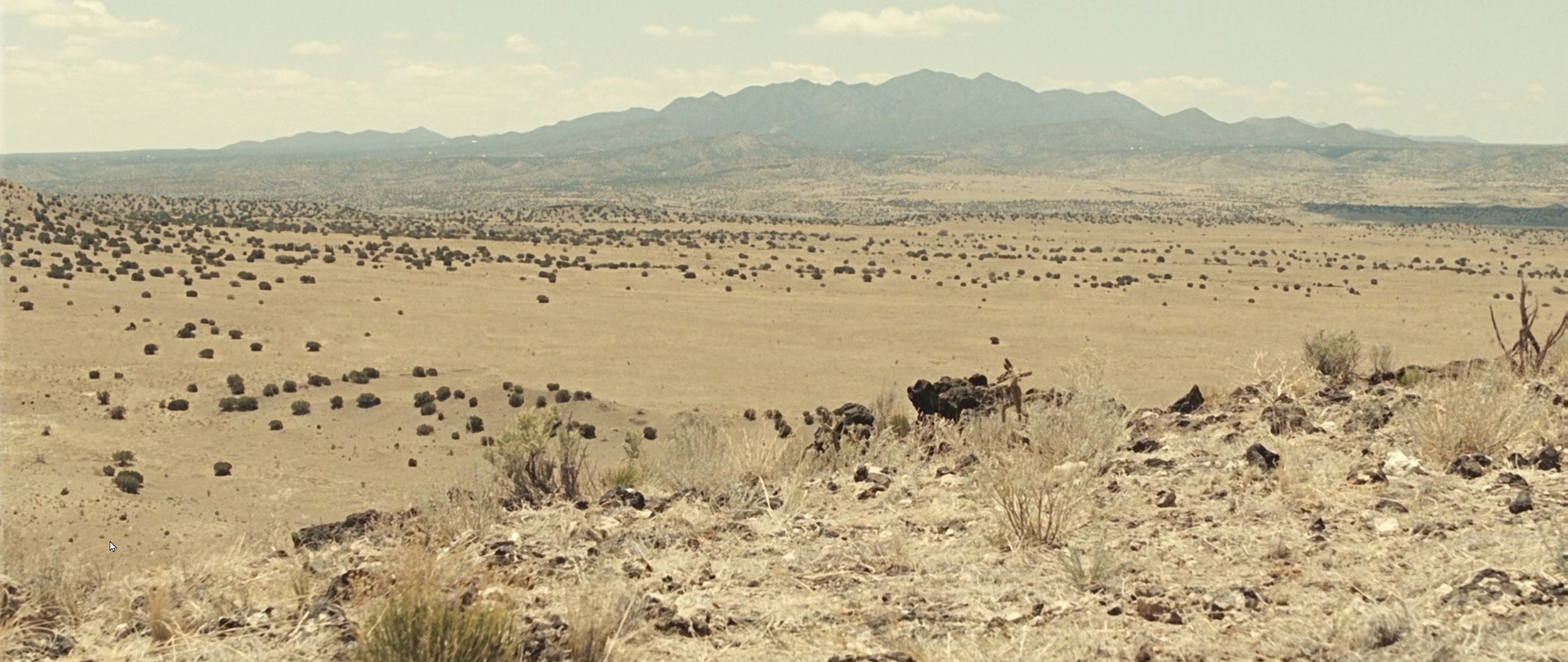Hi everyone — I’m Joan Rohlfing, president and COO of the Nuclear Threat Initiative. We’re a nonprofit, nonpartisan global security organization focused on reducing nuclear and biological threats imperiling humanity. In an era when the likelihood of use of weapons of mass destruction by individuals, terrorist organizations, and states is growing, we work to drive systemic change by galvanizing large-scale institutional adoption of innovative global security practices and programs. We’ve been doing it successfully for 20 years now.
What threats are most urgent? What can we do to stop them? I'm ready to answer those questions and more on Thursday, December 9, from 11 a.m. to 2 p.m. EST. (You can ask me something during that window or anytime before.)
This AMA is a follow-on to a talk I gave about nuclear threats in October, at the Effective Altruism Global 2021 conference in London. I discussed my strong belief that it is possible to make a difference in this arena, and I described what I believe we can do — and must do — together to build a safer world. I look forward to continuing that conversation this week!
A little more about me: Before joining NTI, I held senior positions in the U.S. Department of Energy and worked as an advisor to the U.S. Ambassador to India in the wake of nuclear tests in India and Pakistan. Earlier in my career, I oversaw nuclear weapons policy and acquisition programs at the Department of Defense and the Armed Services Committee of the U.S. House of Representatives. My thinking on nuclear security has been shaped by 35 years working in this field, and I’ve worked on this from all angles — from a military, a diplomatic, a political, a technical, and an academic perspective.
I look forward to your questions — ask me anything!


In my view, the most immediate catastrophic/existential threats facing humanity are biological risks, nuclear risks, climate change, and AI.
To address these global catastrophic risks to humanity, the world must first and foremost recognize the enormity of these threats and the catastrophic consequences of not addressing them with the urgency or creativity required to solve them.
Second, these threats have in common the reality that their mitigation will require unprecedented global cooperation and an approach that takes advantage of the expertise, perspectives and wisdom of the “whole of society.” No one state can mitigate these threats on its own or isolate itself from their consequences.
Third, they all require radically new ways of thinking and working together to devise solutions. As humans we tend to think linearly, but we are entering an unprecedented period of disruption and discontinuity, where incremental, linear solutions are unlikely to produce the kind of change we need at the pace we need it. We need to untether from the past in thinking about the future and remain open to novel solutions.
Fourth, enhanced political will is required to do what is necessary to avert the catastrophic course the world is on in all four of these dimensions. The EA community can play a really significant role in building the political will for change that is so urgently needed.